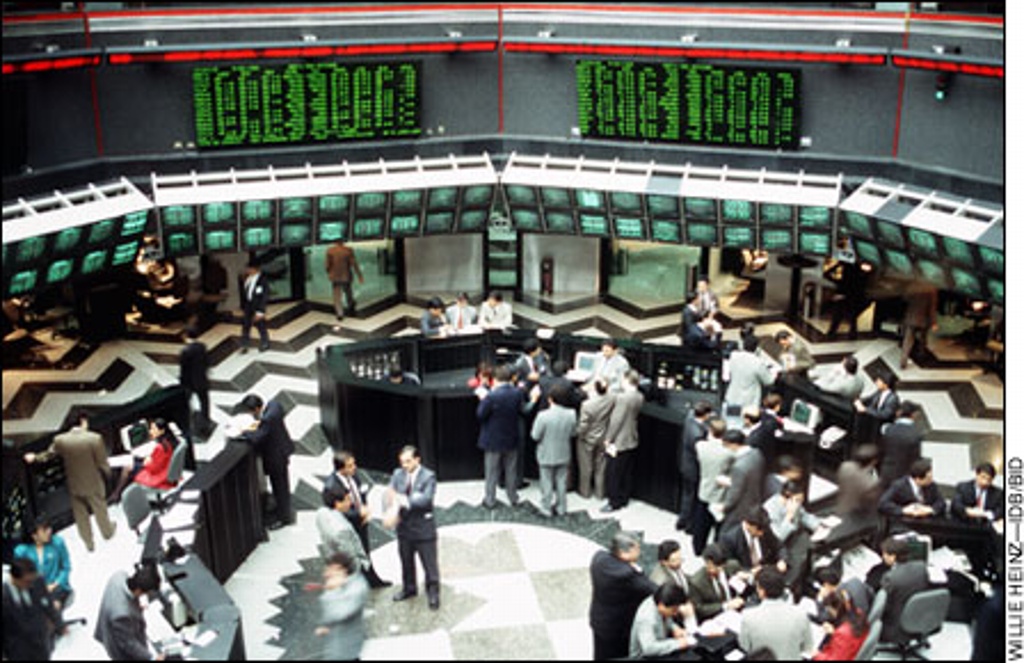
SAO PAULO: Brazilian equities plunged more than 4 percent on Monday to their lowest level this year, as an ongoing truckers’ strike hit all sectors and state oil company Petroleo Brasileiro SA had to adopt a number of policies unpopular with traders.
Truckers have been blockading Brazil’s highways for a full week to protest rising fuel prices.
While some of them reached an agreement with the government late last week, the accord lacked the agreement of the nation’s largest trucking group, Abcam, and the strike continued.
That has wreaked havoc on sectors from aviation to agribusiness to retail, as companies have been unable to obtain supplies and deliver goods, including at major ports.
Meanwhile, Brazil’s government on Monday proposed a variable tax structure on oil, and said it would fix its prices for 60 days, before adjusting them monthly.
That helped send shares in Petrobras, as the state-run oil company is known, diving by more than 14 percent. Common stock in the company has lost more than a third of its market value since May 21, the day protests began.
While Abcam had called on truckers to dissolve blockades on Monday, protesters did not seem to be heeding that call.
Companies in other parts of the economy, such as highway concessionaires, bus operators, and retailers, also suffered significant losses. Brazil’s benchmark Bovespa equities index closed down by almost 4.5 percent.
“There’s a general draining of supplies,” said Marco Tulli Siqueira, a trader on the Bovespa desk for Sao Paulo brokerage Coinvalores.
Shares in Brazilian highway operators CCR SA and Ecorodovias Infraestrutura e Logistica SA fell 4.5 percent and 6.2 percent respectively, after Sao Paulo state said a presidential decree reducing the toll burdens would reduce the state’s monthly revenue by 50 million reais ($13.5 million).
Shares in food retailers GPA, owned by France’s Casino Guichard Perrachon SA, and Carrefour Brasil , fell 6.6 percent and 3.2 percent, respectively.
Brazil’s real currency also slid, falling 1.64 percent to nearly 3.73 reais to the dollar, as traders fretted over the position of Brazil’s government, which has attempted to introduce relative austerity to Latin America’s largest economy, but has continued to see its political capital evaporate.
Stock markets were also weak elsewhere in the region, slipping in Mexico, Colombia and Argentina.
Mexico’s peso briefly touched its strongest level against the dollar in two weeks, but later lost ground and closed down by 0.07 percent.
Source: Brecorder
























